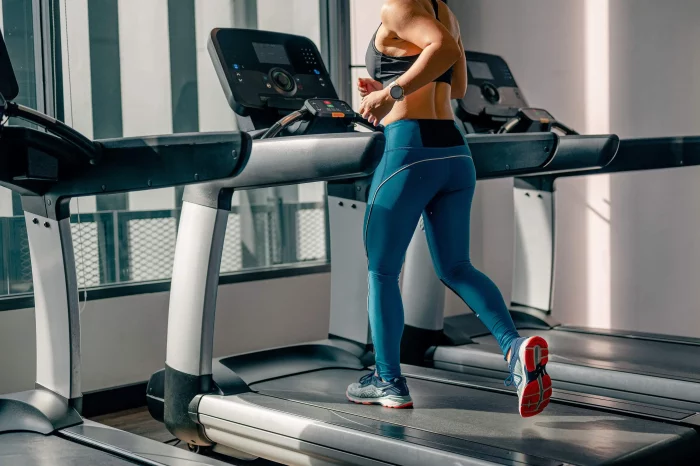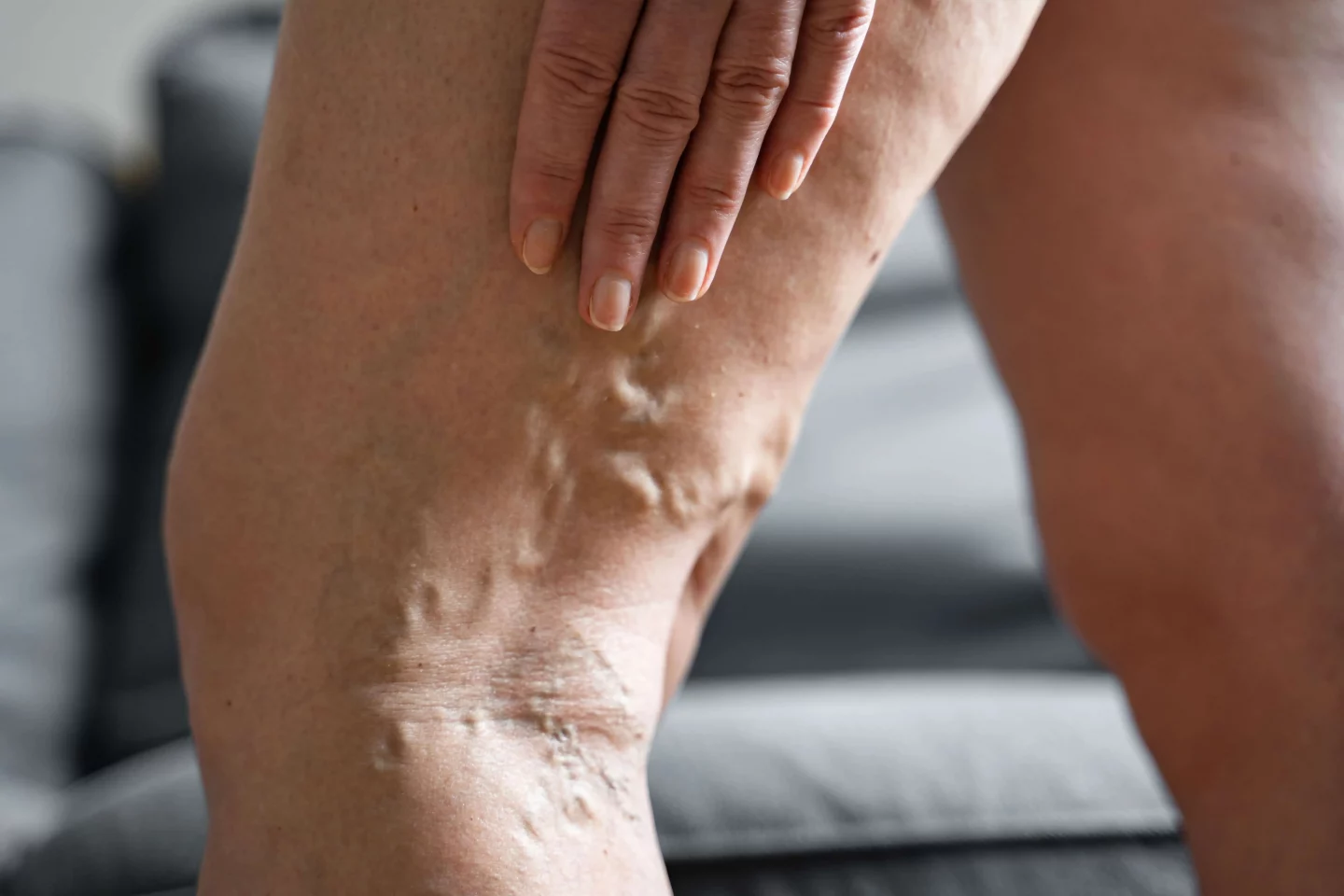Myth 1 – Varicose veins are only a cosmetic issue
One of the most common myths about varicose veins is that they’re only a cosmetic problem. This is not the case. In addition to the appearance of varicose veins, untreated veins will worsen and lead to symptoms that over time will become more severe. They can also lead to other issues, including venous ulcers which are extremely painful and can have a big negative impact on the day to day lives of the people who have them. 6% of people with varicose veins develop venous ulcers.
Myth 2 – Surgery is the only treatment option
One of the reasons many people are put off by varicose veins treatments is because they think they need to have surgery. Thanks to modern treatments such as endovenous laser ablation (EVLA) and foam sclerotherapy, this isn’t the case. National Institute for Health and Care Excellence (NICE) recommend these procedures as the gold standard treatments for varicose veins, and so surgery is no longer recommended, despite stripping still being offered in some cases. These treatments are highly effective at treating varicose veins. At Veincentre, the recurrence rate after EVLA is less than 2%.
Myth 3 – Varicose vein treatments are painful and require prolonged recovery
It’s a common assumption that varicose vein treatment is painful, and some people think that, similarly with surgical stripping, there is a long recovery period. This is not true. The beauty of treatments like EVLA and foam sclerotherapy is that they come with minimal discomfort and are walk-in, walk-out. Most of our patients describe the treatment as uncomfortable rather than painful, with any pain experienced usually mild. You’re encouraged to return to most normal activities straight after treatment, while you can drive the day after having a treatment like EVLA.

Myth 4 – Home remedies can be effective varicose vein treatments
We often hear of people turning to home remedies in an attempt to treat their varicose veins. It may sometimes be possible to enjoy a temporary relief from symptoms, but home remedies cannot resolve the underlying issues that cause varicose veins. The only way to treat your veins effectively is to have a procedure such as EVLA.
Myth 5 – Only women get varicose veins
It’s not true that varicose veins only affect women. They can be more common in women due to hormonal factors, including changes in hormone balance that are caused by pregnancy. As many as 70% of pregnant women suffer with varicose veins. However, varicose veins can and do affect men too. There is a huge demand for treatment and we have performed over 50,000 treatments in total since we began in 2003.
Myth 6 – Varicose veins are an inevitable part of ageing
1 in 3 adults suffer with varicose veins. Although they are common, and may be more likely develop as a result of ageing as the tiny valves may lose their ability to function properly, they are not inevitable and will not affect everyone.
Other factors can come into play, such as genetics. If you have a family history of varicose veins, you are more likely to develop them. Being overweight is another factor, as well as doing a job that requires long periods of standing without moving. All these things can contribute, so it is not down to ageing alone.
You can try and minimise various risk factors by doing things that will help you maintain healthy veins throughout your life.
Myth 7 – Health insurance doesn’t cover varicose veins treatments
As varicose veins are not only a cosmetic issue and have physical symptoms, most insurance companies tend to fund varicose veins treatments. We are recognised by all major health insurers including BUPA, Axa Health, Aviva, Cigna and Vitality. It can be difficult to understand what coverage you have, but most insurers will assess your eligibility for treatment after you have a consultation. Given varicose veins are the result of an underlying vein condition, treatment should be covered. However, we recommend you check directly with your insurer what level of coverage you have.
It’s not only insurance policies that can be confusing. Whether you’d like some more information on how varicose veins treatments work or you have a question about symptoms you may be experiencing, get in touch with us today on 01782 753960 and we’ll be happy to help you.

